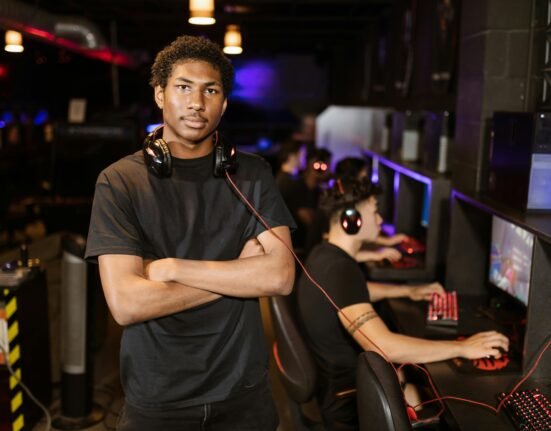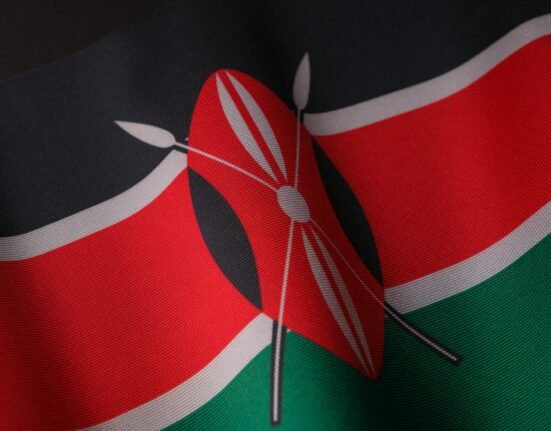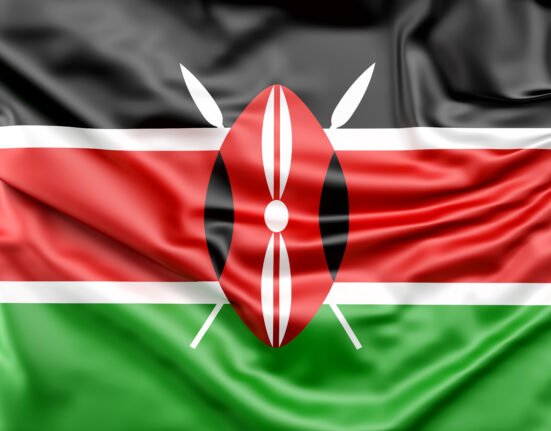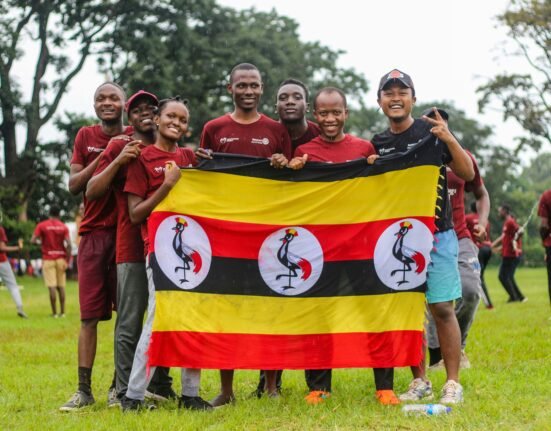Tulfo pushes for prohibition as regulators warn of enforcement hurdles
Senate Opens Debate on Online Gambling Regulation
The Philippine Senate is set to launch public hearings next week to evaluate the future of online gambling in the country. The move comes amid increasing pressure from lawmakers and advocacy groups concerned about the industry’s social impact.
Senator Erwin Tulfo, chair of the Senate Games and Amusements Committee, will lead the discussions. The hearings will feature testimony from PAGCOR, the Department of Finance (DOF), and various community stakeholders. The central question is whether the Philippines should tighten existing regulations or impose a total ban on online gambling.
Calls for a Total Ban Gain Momentum
Senator Tulfo has emerged as a leading advocate for a nationwide prohibition, citing the sector’s role in family breakdowns, financial distress, and an increase in school dropouts. He argues that the social costs outweigh the revenue benefits.
Despite this, PAGCOR and DOF have voiced concerns about the economic fallout of a ban. PAGCOR, which regulates the industry, has emphasized that taxation from online gambling contributes significantly to national revenue streams.
Tulfo acknowledged that enforcement remains a major challenge, noting that illegal operators often persist despite repeated crackdowns. Licensed physical casinos, he argued, are far easier to monitor, particularly in preventing underage gambling.
Legislative Context: Anti-Online Gambling Act
The debate is taking place against the backdrop of Senate Bill 47, also known as the Anti-Online Gambling Act, which has been listed as one of the chamber’s top 10 priority measures. The bill seeks to outlaw all forms of online betting, reflecting growing political support for stricter measures.
Senator Migz Zubiri recently reignited the discussion in a privilege speech, warning of the social and moral implications of online gambling. Several other senators have echoed his concerns, pointing to the ease with which gambling apps integrate with mobile wallets, making access nearly ubiquitous.
Community Voices to Shape Outcome
The hearings will not only focus on economic data but will also include testimony from parents, youth groups, and church organizations, giving voice to communities directly affected by gambling-related harm. Tulfo stressed that public health and family welfare must take precedence over fiscal arguments.
While the economic benefits of online gambling—estimated to contribute billions in revenue—cannot be dismissed, the social costs may push lawmakers toward stricter action.
Outlook: Regulation or Prohibition?
The hearings next week are expected to set the stage for decisive legislative action. While some lawmakers advocate for tightened regulation—including stricter controls on player verification and financial monitoring—others, led by Tulfo, believe only a complete ban will curb the industry’s negative effects.
The outcome will have significant implications not just for operators and regulators, but also for the broader public as the Philippines weighs the balance between economic gain and social responsibility.
























1 Comment